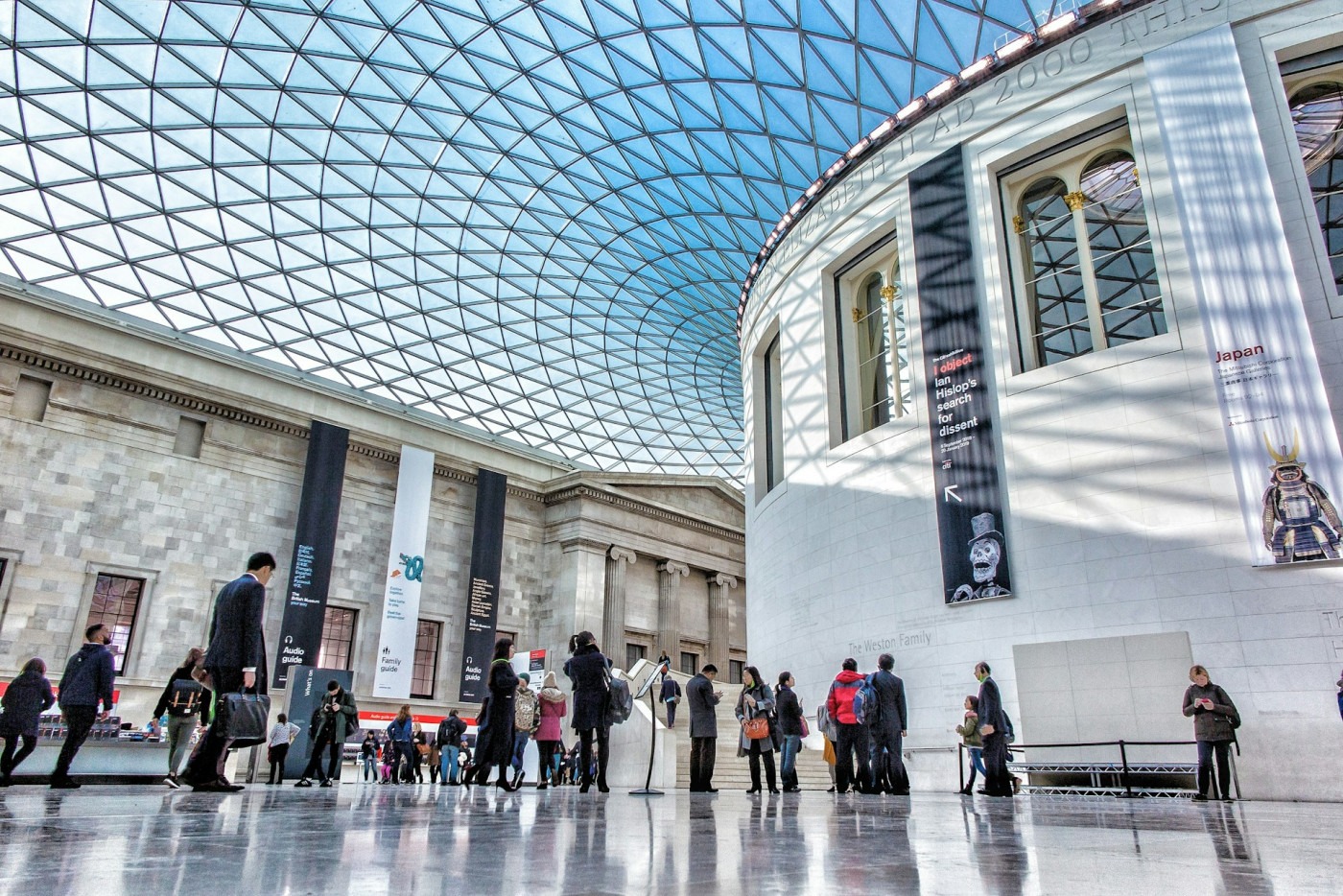What is the current controversy with the British Museum?
The British Museum has recently been investigated over claims that it is unrightfully retaining religious artefacts from Ethiopia.
These are a group of Ethiopian altar tablets which are hidden from public view at the museum, considered so sacred that even the museum’s own curators and trustees are forbidden from examining them.
As acknowledged by the museum, they were looted by British soldiers after the Battle of Maqdala in 1868. Various curators and cultural organisations believe the tablets belong to Ethiopia and should be returned there, due to their religious importance to the Ethiopian Orthodox Church, and the lack of purpose they serve to the British Museum.
The museum has ignited public debate after shunning requests to return the tabots to Ethiopia, even after Ethiopia’s cultural minister requested their return in 2019. They have refused to comment on the debate, which curator Lewis McNaught considers ‘very strange that (it) would not wish to explain why they’re holding on to objects that they can return’.
A complaint to the Information Commissioner’s Office (ICO) has now been issued by campaigners regarding the museum’s failure to disclose key details of internal discussions about the tabots, in response to a freedom of information request.
The freedom of information request was submitted by the organisation Returning Heritage, a not-for-profit who provide information about cultural restitution, in August 2023. It complained that the museum’s reply omitted relevant material, whilst other information was overly redacted.
It is possible that the British Museum views the returning of artefacts as unlawful under the British Museum Act of 1963, which prohibits the restitution of stolen items to their countries of origin.
However, as highlighted by Lewis McNaught, ‘there are some legal exemptions within the act, (and) one of those exemptions allows the trustees to return certain items if they consider them ‘unfit to be retained’.
Returning Heritage believes that the tabots are unfit to be retained because they will never be exhibited or studied. The tabots are thought to be held in a sealed room that can only be entered by Ethiopian clergy.
Furthermore, Westminster Abbey has revealed its opinion that, ‘in principle’, a single tabot that has been sealed inside a cathedral should be returned to Ethiopia.
The British Museum refuses to comment but has previously stated that its long-term goal is to lend the tabots to an Ethiopian Orthodox church in the UK.

Comments